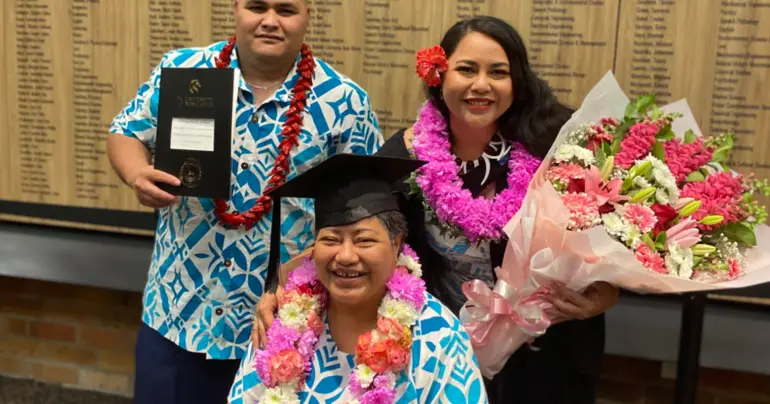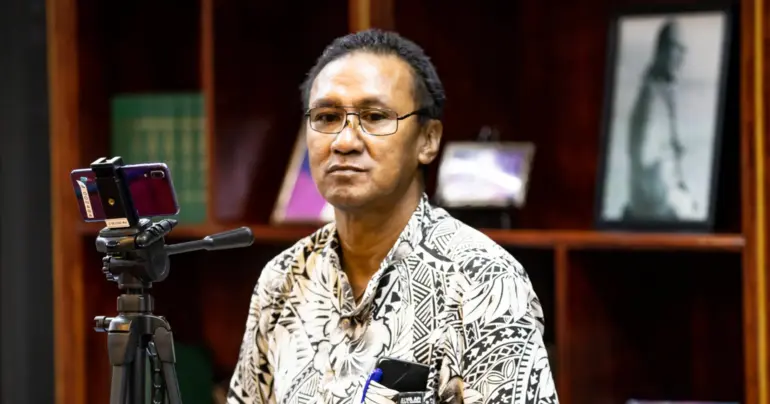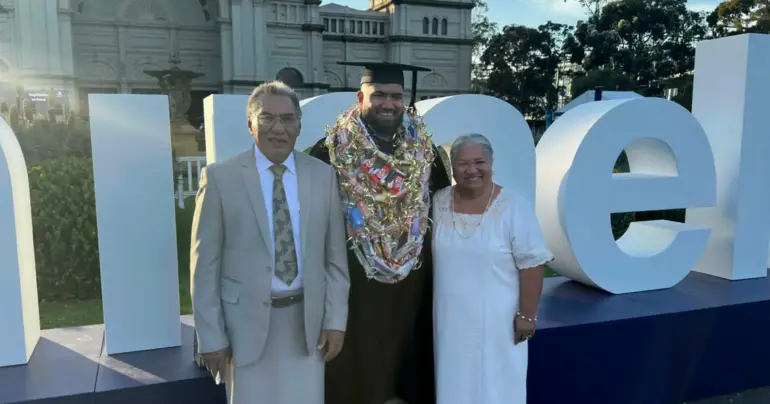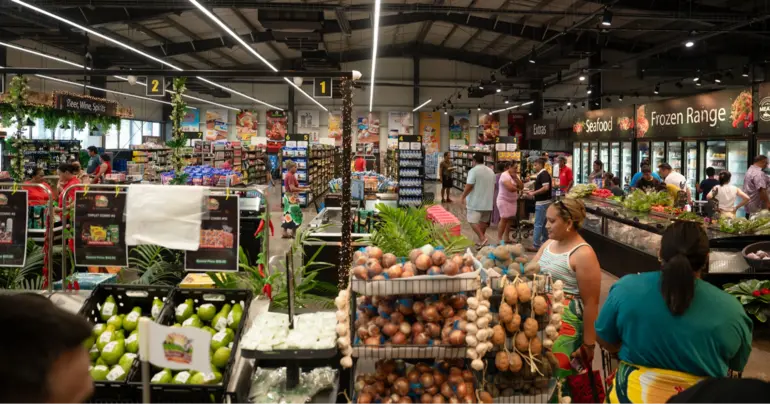N.G.Os want fisheries subsidies talk suspended
 By Marc Membrere
•
03 April 2020, 4:58PM
By Marc Membrere
•
03 April 2020, 4:58PM
More than 150 non-governmental organizations from around the world have signed a letter which calls on the World Trade Organisation (W.T.O.) to suspend negotiations on fisheries subsidies due to the threat posed by the coronavirus, or COVID19.
The negotiation conclusions of the fisheries subsidies had been given a deadline in June which was scheduled at the World Trade Organisation Ministerial in Kazakhstan, according to a statement.
Twenty of the organisations that signed the letter are from the Pacific region.
They want to “immediately halt the fisheries negotiations and ask Member states to discontinue participating in this process until it can be pursued in a transparent, inclusive and rational manner, which is not possible unless normalcy is restored across the globe. Our countries would be much better served if delegates focused on domestic and global needs in fighting the COVID19 battle.”
Negotiators on fisheries subsidies in the World Trade Organisation are aiming to meet the 2020 targets on eliminating subsidies for Illegal, Unregulated and Unreported fishing which also involves prohibiting subsidies that contribute to overcapacity while providing adequate special and differential treatment for developing countries.
Negotiations have become difficult due to the cancellation of the Ministerial and the World Trade Organization being unable to meet in Geneva in person as a virtual format currently being proposed.
The World Trade Organisation's virtual meetings to discuss proposals by India and Least Developed Country Group with Africa and the Caribbean, (because they had felt unhappy about the exclusion of development language in the draft fisheries subsidies consolidated text that had been circulated), had been canceled due to internet connectivity issues.
According to the Campaigner for the Pacific Network on Globalisation (the organization who is behind the letter that was signed by 150 non-governmental organisations) Adam Wolfenden, “The world is facing an enormous crisis with Governments turning all their attention and resources to protecting the health and safety of their people.”
He further stated that the proposed virtual negotiations are inappropriate to push forward with during these times.
“It is inappropriate for the World Trade Organisation to push on with virtual negotiations under such arduous conditions. All countries and especially developing countries should be free to focus on handling their most pressing and important matters," he said.
"It is concerning that not only are the number of developing countries, including those most vulnerable, are saying that development flexibilities aren't being included adequately in this round of negotiations."
Mr. Wolfenden further said some developing countries voices will be muffled if they will move onto virtual negotiations and that any attempts to undermine them will make the impact of COVID19 worse.
"These countries must be able to support their small scale fishers as well as retain the right to develop fleets to fish in their waters. Moving to virtual negotiations will only further muffle the voices of developing countries, some communities rely on subsidies to survive and attempts to undermine them or future options to support domestic fleets will only exacerbate the impact of COVID19," he said.
"Having negotiations in a digital format also increases the power of the Chair of negotiations and decreases the transparency within the process. This is especially concerning as we are already seeing the flexibilities mandated for developing countries disappearing from the proposed agreement."
Mr. Wolfenden said current negotiations continue at an inappropriate time due to the COVID19 situation that most countries are now facing.
"These negotiations are proceeding at an inappropriate time and in an inappropriate way and the developing countries will shoulder the burden if this continues," he said.
He further said that the ability of developing countries to develop sustainable domestic industries will be removed due to a number of current proposals.
"A number of current proposals will remove the ability of developing countries to develop sustainable domestic industries as well as determine how they manage their natural resources so the stakes are high. There is no outcome that justifies a poor outcome on special and differential treatment for developing countries."
 By Marc Membrere
•
03 April 2020, 4:58PM
By Marc Membrere
•
03 April 2020, 4:58PM











